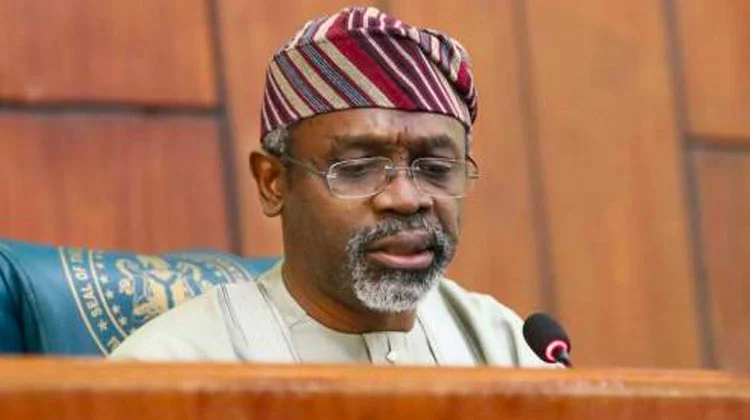Femi Gbajabiamila, the Speaker of the House of Representatives, has stated that at this crucial juncture in Nigeria’s democratic development, it is out of style to expect the Federal Government to finance political parties.
According to him, utilising public funds to fund political parties is a covert invitation for the government to seize control of the parties by dictating decisions and policies that might be in opposition to democratic principles.
Gbajabiamila added that using government funds would also encourage the growth of political parties, arguing that the best practice around the world was for parties to be self-funded.
Read Also: Atiku Responds To Wike’s Allies, Says He Can’t Force Ayu To Resign
He said this on Wednesday, September 21, at the National Assembly in Abuja while hosting a team from the Inter-Party Advisory Council (IPAC).
The speaker stated that people would simply abuse the process by registering hundreds of political parties in the hope of cashing out on free government money.
I am not sure how many countries fund their political parties; we will have to do research and to be sure that it’s international best practice …Government is an interested party if it will be providing the funds,
That will also mean they can compromise the system. There is also proliferation (of parties) that will become a problem if the government begins to fund the parties since there will be free money.
Gbajabiamila, who also responded to demands for new Electoral Act 2022 revisions, advised against doing so a few months before the general elections in 2023.
He explained that enacting new legislation during this time could disrupt election preparations, inflame the political climate, and cast doubt on the law’s legitimacy.
If further amendments to the Act were required, the Speaker said they would be made after the elections. Alternatively, he said, those who felt wronged might turn to the legal system for a ruling on any murky clauses.
He called for patience, urging parties to seize the opportunity of the upcoming polls to fully test the Act and determine the success of innovations, such as the electronic transmission of results, and the deployment of the BIVAS, among others.
Gbajabiamila added that upon a successful poll, other innovations such as electronic collation of results and diaspora voting could also be considered.

